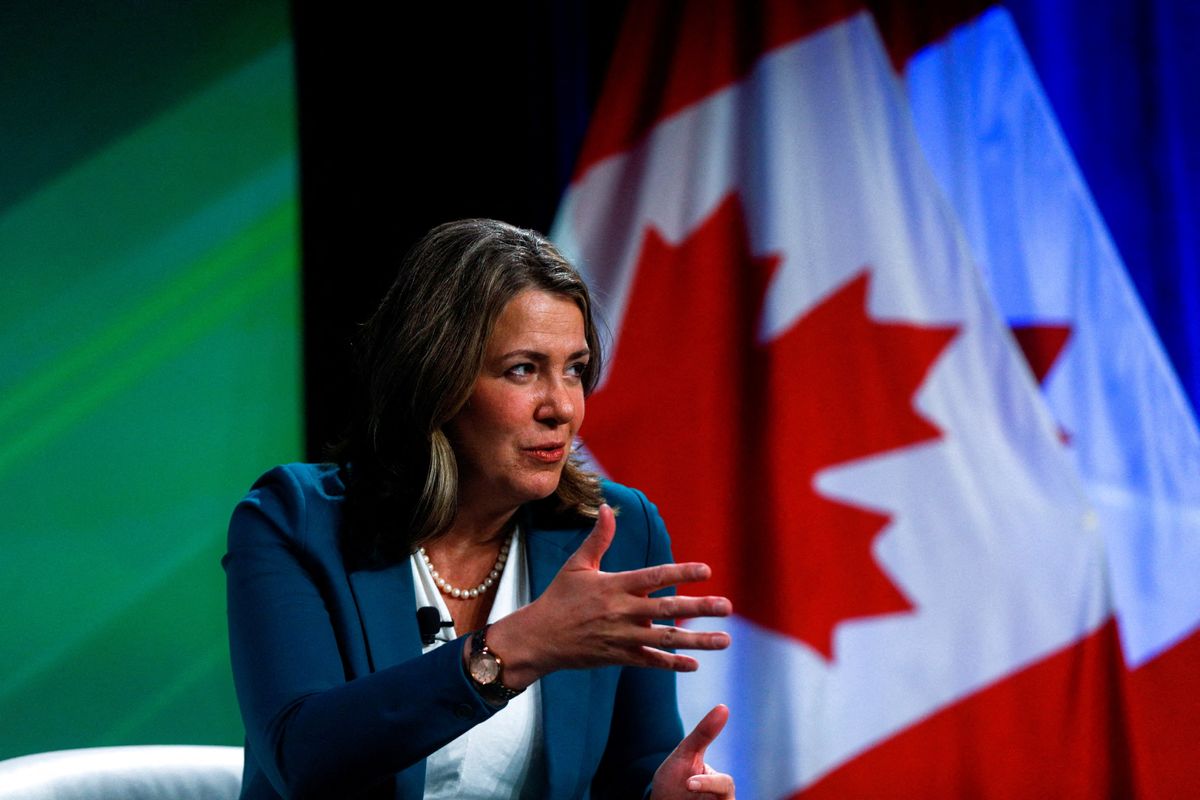Alberta is in the middle of a tight election, the first for United Conservative Party Premier Danielle Smith. She won the party’s leadership after former Premier Jason Kenney resigned last May following his poor showing in a leadership review vote. This election is really a battle pitting Smith’s UPC against the left-wing New Democratic Party and former Alberta Premier Rachel Notley. But suddenly, a third player has emerged, and it could prove decisive.
Take Back Alberta, an ultra-conservative third-party organization, is reportedly working to get Smith to lean in harder to her already libertarian beliefs and to push the UCP father to the right – and away from its more centrist policies. The trick? Take Back Alberta must stay within the lines of third-party election rules. Indeed, they claim to actually control the UCP and the premier’s office! The battle is an extension of the struggle that led to Kenney losing the leadership after he too could not control or corral the more libertarian sides of his party.
Why does this matter to US-Canada relations? Canada is the largest source of US energy imports, with much of that coming from Alberta. In 2020, the oil-rich province exported CAD$77.5 billion in goods to the US, its primary global trading partner. So who runs the province is material to the energy sector.
Smith – who is being hounded this week after an old recording surfaced in which she compared those who got the COVID-19 vaccine to followers of Hitler (Yes, Hitler has become part of the election campaign) – supports loose energy regulations and says federal climate policies are an “existential” threat to the province.
Smith has also said US Republicans, including Florida Governor Ron DeSantis, are models for creating “little bastions of freedom.” If Smith wins, and with her party controlled by the Take Back Alberta crowd, the province will see more open hostility toward the federal government’s climate and natural resources policies, creating volatility that might give energy investors pause. It could also lead to more legal fights over provincial-federal powers and create confusion on what rules will apply and when. After all, investors just love instability, don’t they?





